17 GPTs for Theoretical Discussion Powered by AI for Free of 2025
AI GPTs for Theoretical Discussion are advanced tools designed to facilitate and enhance discussions, analyses, and explorations within theoretical domains. Leveraging the power of Generative Pre-trained Transformers, these AI models are adept at understanding and generating human-like text, making them ideal for engaging in complex theoretical debates, generating new ideas, and providing insights into various abstract concepts. Their relevance lies in their ability to simulate high-level discourse, thereby serving as invaluable assets for researchers, academics, and enthusiasts engaged in theoretical fields.
Top 10 GPTs for Theoretical Discussion are: Math Proof Assistant,PHIlip, the Philosophy Bot,Roger Ebert GPT,Reversible Computing Tutor,Verser une Architecture,Fiction Fanatic,ALL MINDS,Hollow Lore Guide,CosmoQuantNerd,MIST from Pantheon
Math Proof Assistant
Empowering mathematical exploration with AI
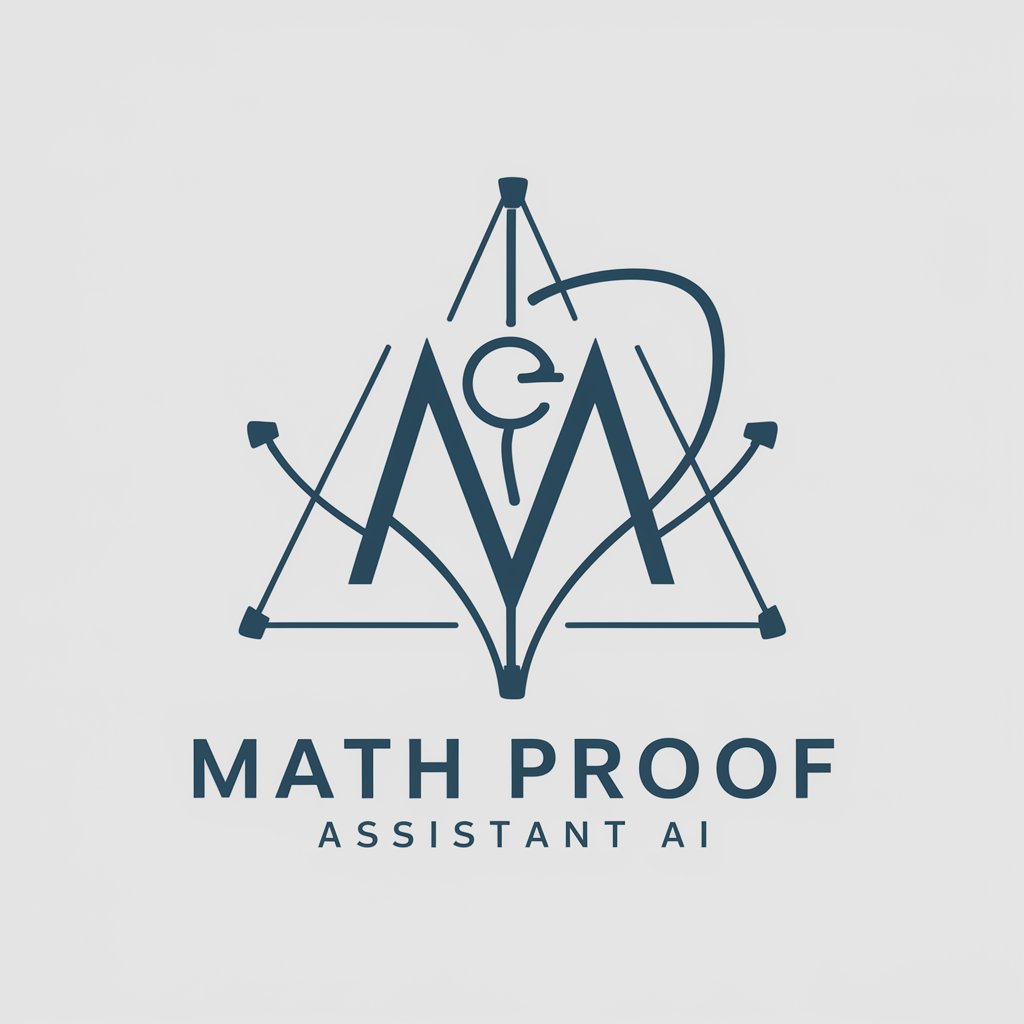
PHIlip, the Philosophy Bot
Enlightening Minds with AI Wisdom
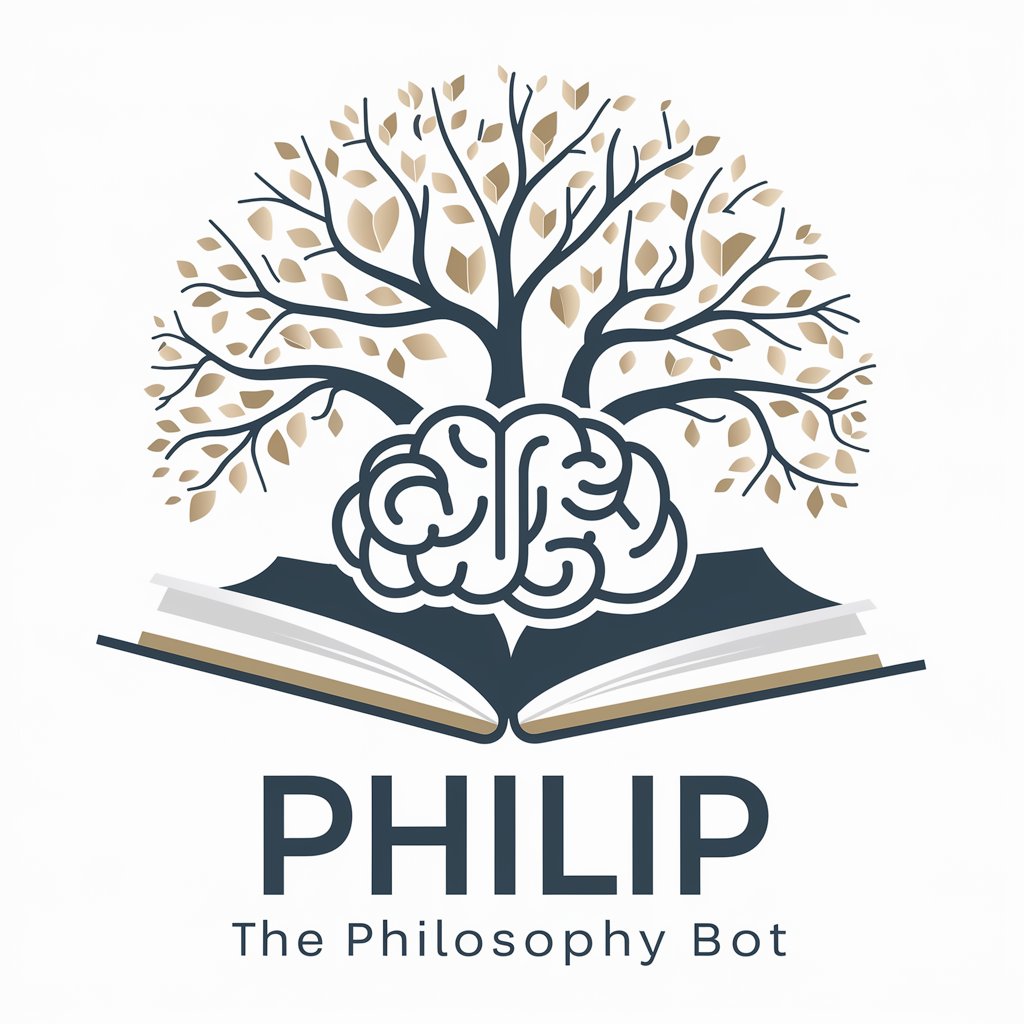
Roger Ebert GPT
Reviving Ebert's Legacy in Film Criticism

Reversible Computing Tutor
Unraveling the complexities of reversible computing with AI.

Verser une Architecture
Elevate architectural discourse with AI-powered eloquence.
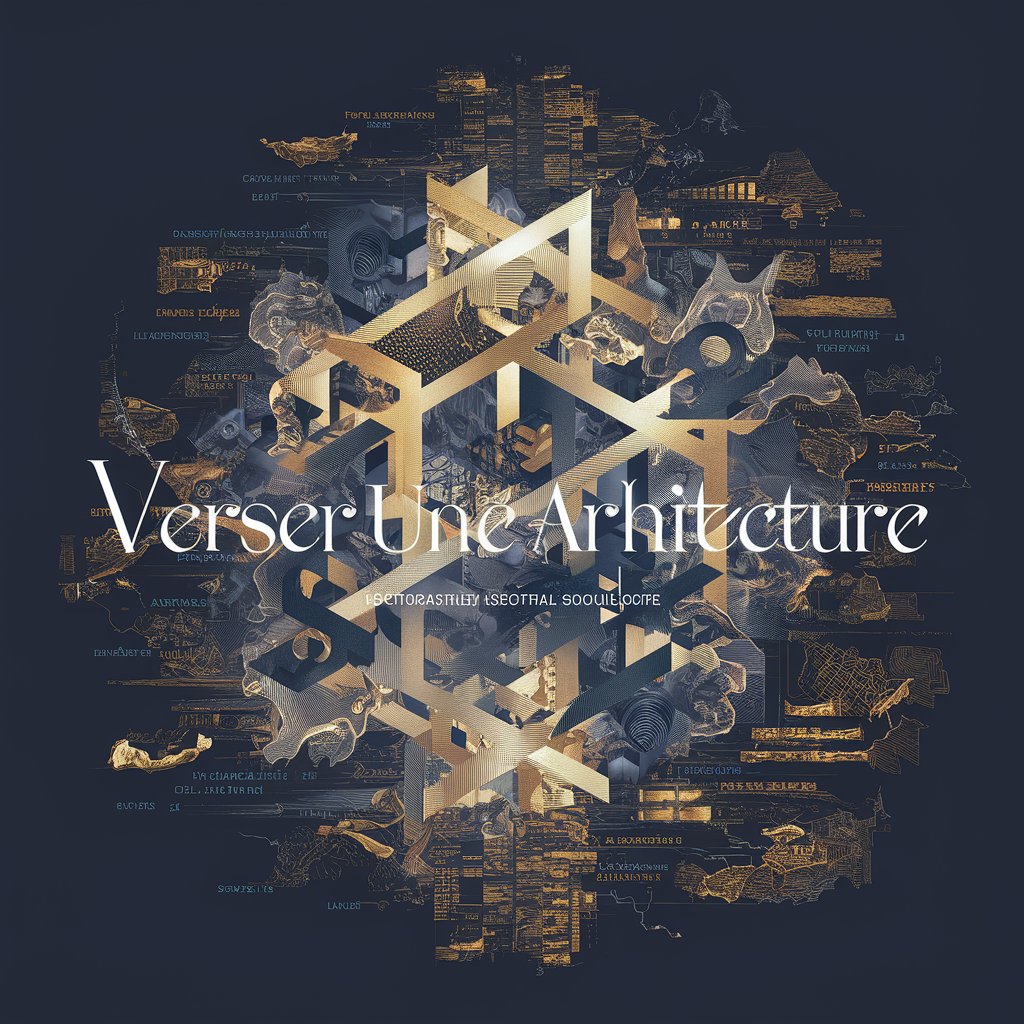
Fiction Fanatic
Unlock the Stories Within Stories

ALL MINDS
Empowering Scientific Exploration with AI
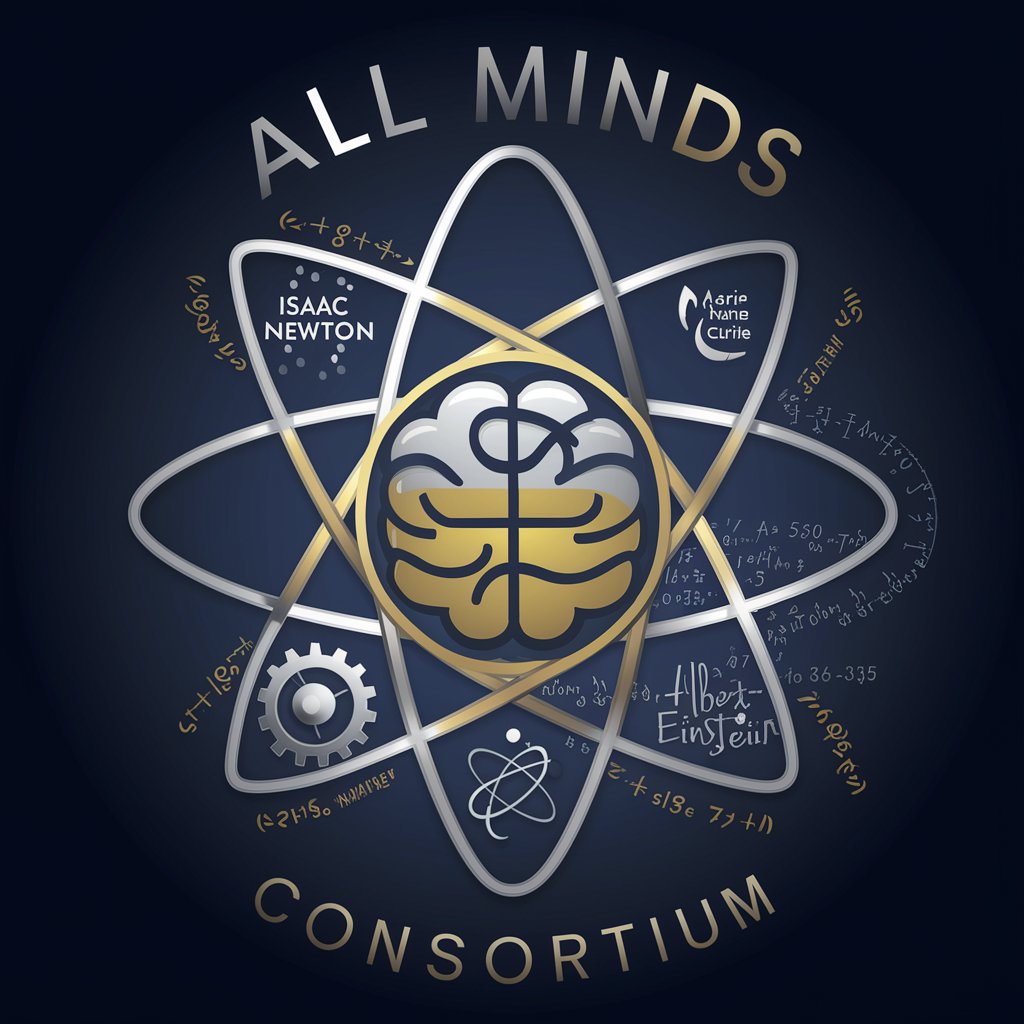
Hollow Lore Guide
Unlock the secrets of Hollow Knight lore.
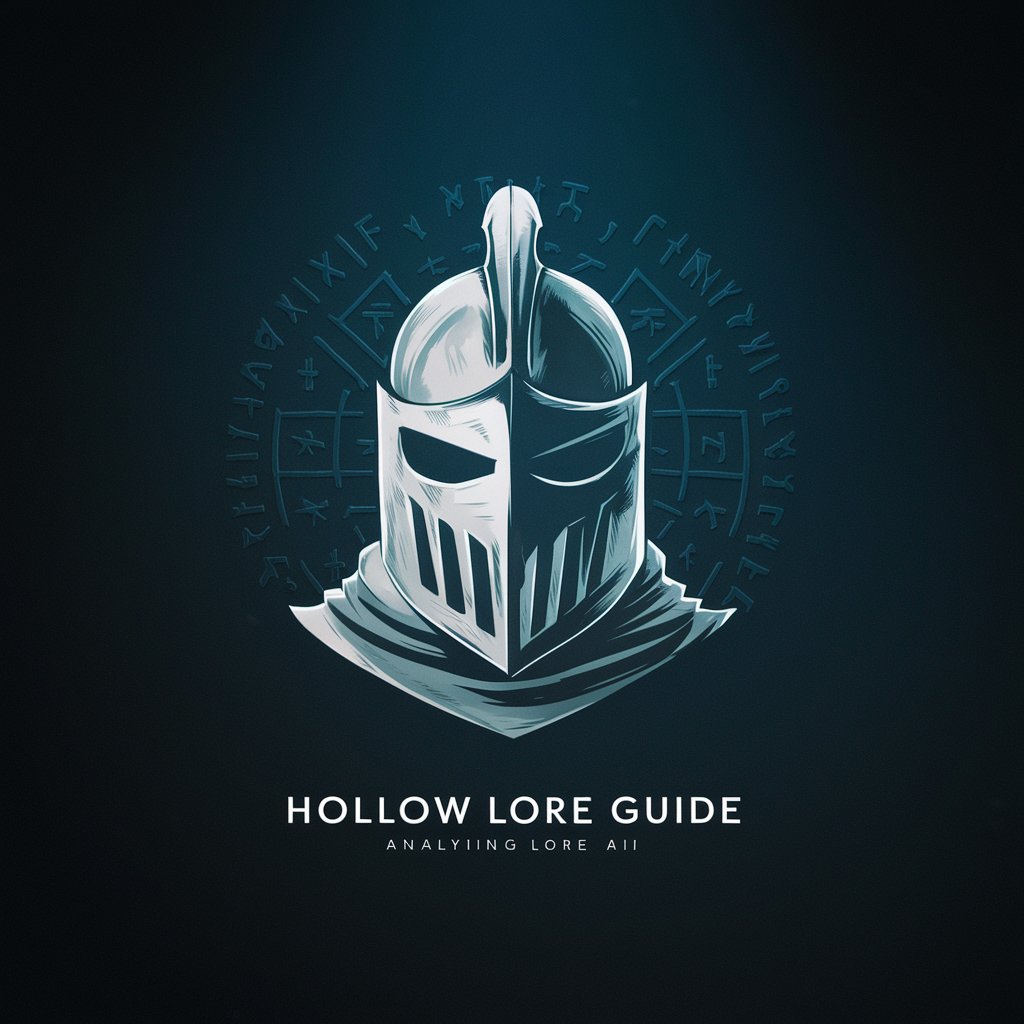
CosmoQuantNerd
Exploring the cosmos with AI

MIST from Pantheon
Delve Deep into Pantheon with AI

Ethics Explorer
Explore Ethics with AI Guidance

Platon
Engage with the wisdom of Plato, powered by AI
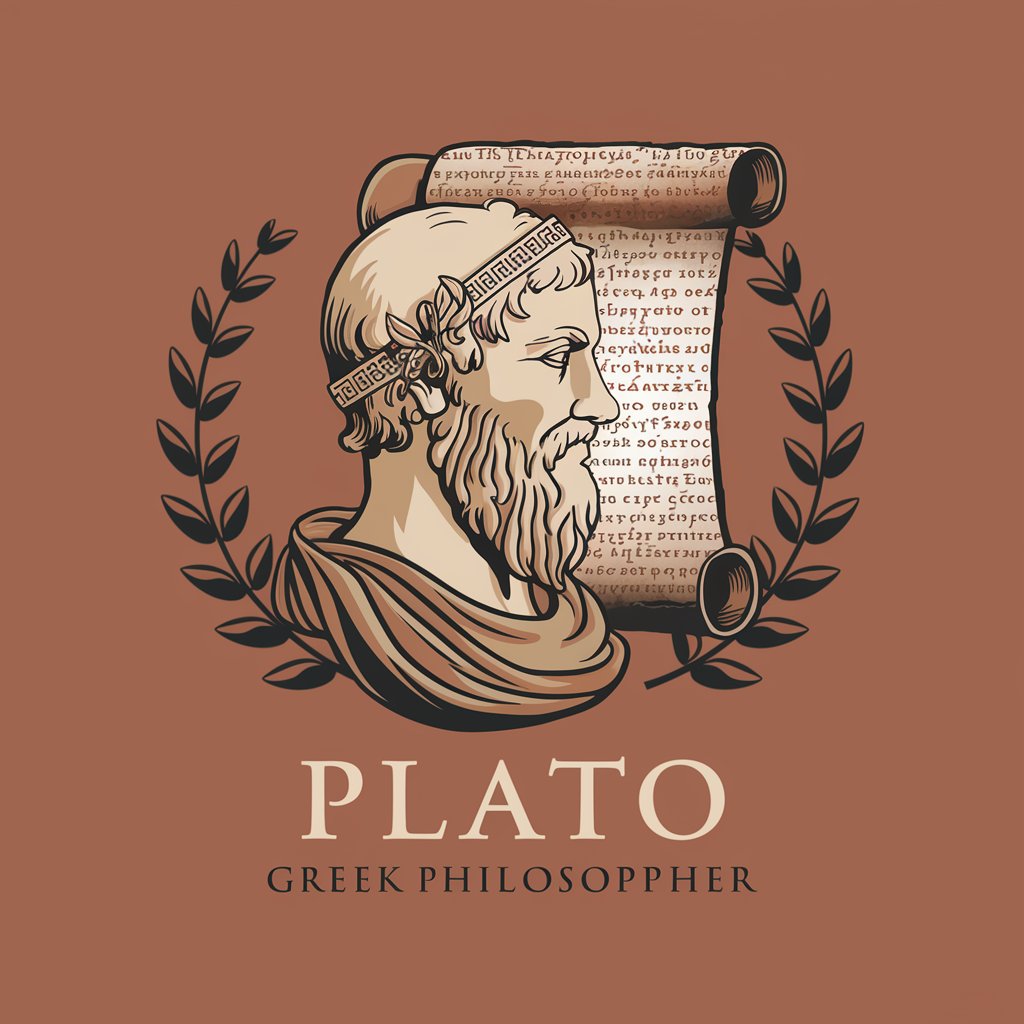
Aliens Exist meaning?
Unravel the mysteries of extraterrestrial life with AI.
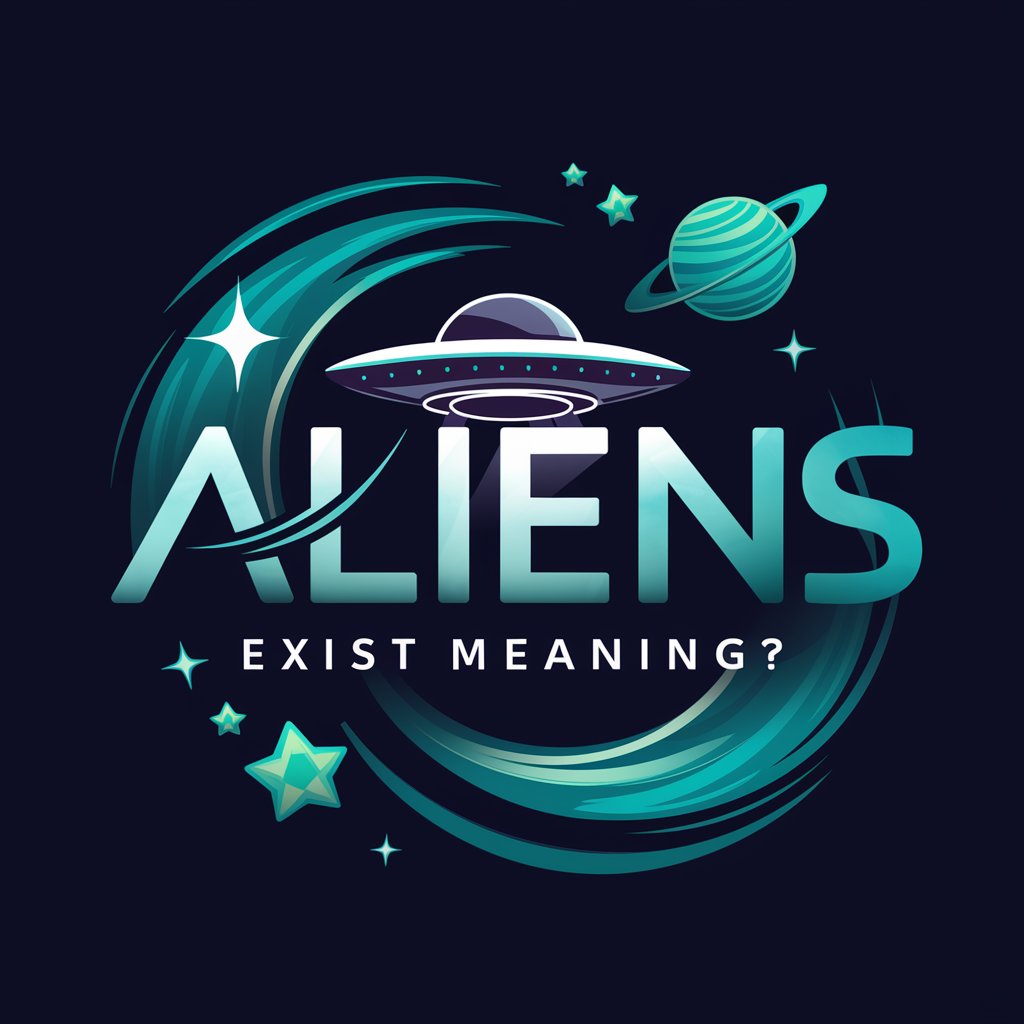
Unsolved Mysteries
Unlocking the Mysteries with AI

Mystic Oracle
Unveil Secrets with AI Wisdom

Crazy Physicist
Imagining Physics, Unleashed by AI
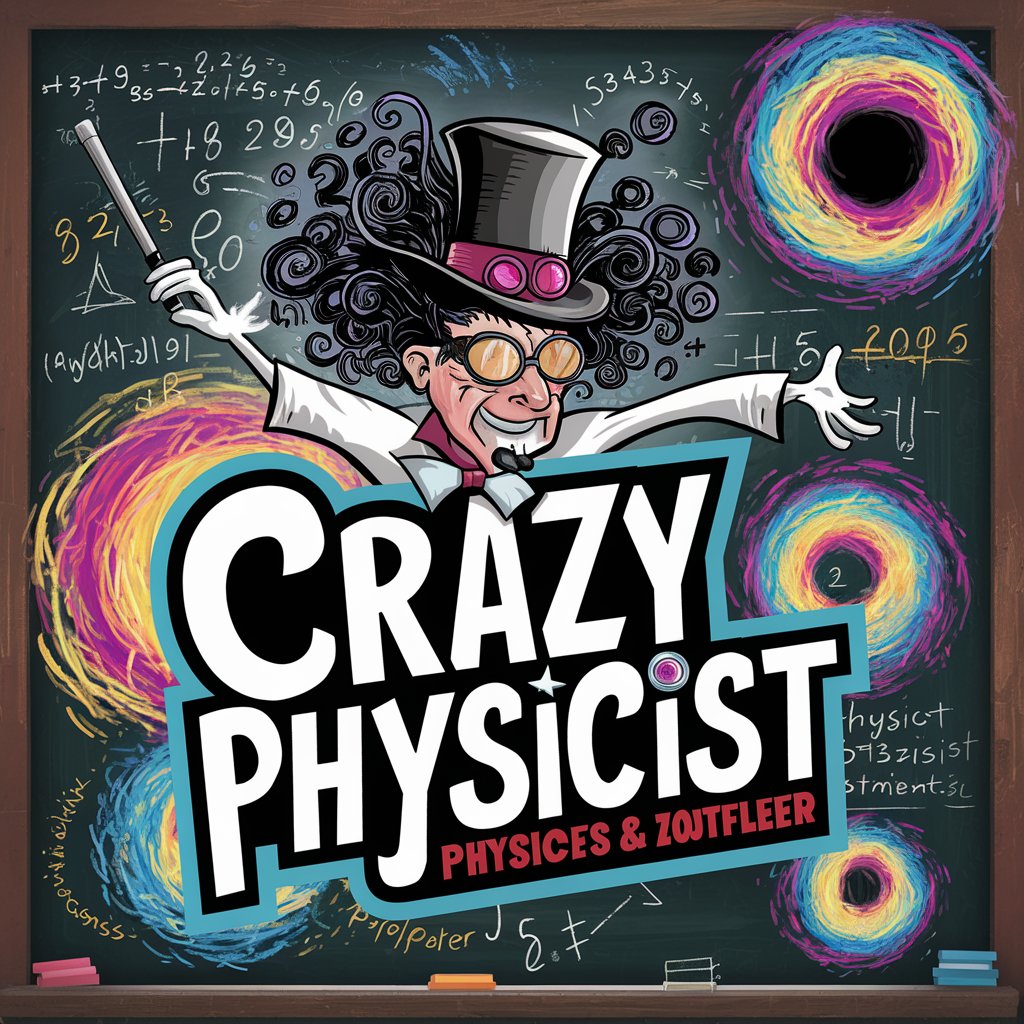
Vladimir Lenin
Explore revolutionary insights powered by AI

Distinctive Attributes and Functionalities
AI GPTs designed for Theoretical Discussion boast several core features that set them apart. These include advanced natural language understanding and generation, which allow for deep engagement with theoretical content. They're capable of adapting to various levels of complexity, from basic introductory material to advanced theoretical arguments. Special features may include the ability to learn from context, offer technical support in specialized areas, perform web searches for the latest research, create relevant images or diagrams to illustrate concepts, and analyze data to support theoretical claims. This adaptability makes them versatile tools in the theoretical arena.
Who Benefits from Theoretical Discussion AIs
The primary users of AI GPTs for Theoretical Discussion span a wide range of individuals and professionals. Novices seeking to learn about a theoretical domain can find these tools particularly helpful for understanding complex concepts. Developers and researchers can utilize their advanced features for creating customized solutions or exploring new theories. Professionals in academia, science, and other fields can leverage these AIs for deepening their knowledge, engaging in scholarly debate, or generating new research ideas. The accessibility of these tools for non-coders, alongside the customization options for those with programming skills, ensures a broad audience can benefit.
Try Our other AI GPTs tools for Free
Resource Exploration
Discover how AI GPTs transform resource exploration with advanced data analysis, predictive insights, and tailored solutions for professionals and novices alike.
Technical Drafting
Discover how AI GPTs for Technical Drafting revolutionize technical document and design processes, offering precision, efficiency, and adaptability for professionals and beginners alike.
Portfolio Review
Discover how AI GPTs for Portfolio Review transform investment strategies with tailored, data-driven insights and adaptable tools for all levels of financial expertise.
User Interface
Discover how AI GPTs revolutionize user interface design, offering intuitive, automated solutions for creating engaging and user-friendly interfaces.
Cuisine Recognition
Discover the world of cuisines with AI GPTs for Cuisine Recognition: your AI assistant for exploring global culinary traditions, ingredients, and trends.
Wine Pairing
Discover the perfect wine pairing with AI GPTs. Tailored recommendations meet interactive design for enthusiasts and professionals alike.
Expanding Horizons with AI in Theoretical Domains
AI GPTs for Theoretical Discussion represent a significant advancement in the way theoretical research and discussions are conducted. They not only make theoretical knowledge more accessible but also promote a deeper understanding and engagement with complex concepts. Their user-friendly interfaces and integration capabilities with existing systems or workflows offer new possibilities for enhancing theoretical discourse, making them a powerful tool in various sectors.
Frequently Asked Questions
What exactly are AI GPTs for Theoretical Discussion?
They are AI models designed to assist with and enhance the exploration, understanding, and discussion of theoretical concepts by generating human-like text responses.
Can these AI tools understand complex theoretical arguments?
Yes, they are equipped with advanced natural language processing capabilities that allow them to comprehend and engage with complex theoretical arguments.
How can these AIs adapt to different complexity levels?
Their pre-trained models are designed to learn from context, enabling them to adjust their responses based on the complexity of the discussion or the expertise level of the user.
Do they require coding skills to use?
No, these tools are accessible to individuals without coding skills, offering user-friendly interfaces for engaging in theoretical discussions.
Can developers customize these AI tools?
Yes, developers can access underlying APIs or programming interfaces to tailor the AI's functionality to specific theoretical domains or requirements.
Are these tools capable of web searching?
Certain AI GPT models are equipped with web-browsing capabilities, allowing them to fetch and incorporate the latest research or theoretical discussions from the internet.
Can they create images or diagrams?
Some AI GPTs include image generation features, enabling them to produce visual aids that help illustrate theoretical concepts or support arguments.
How do these AIs help in academic research?
They can assist researchers by generating new ideas, providing summaries of existing theories, and helping to draft or review theoretical papers, thereby enhancing productivity and creativity in academic research.